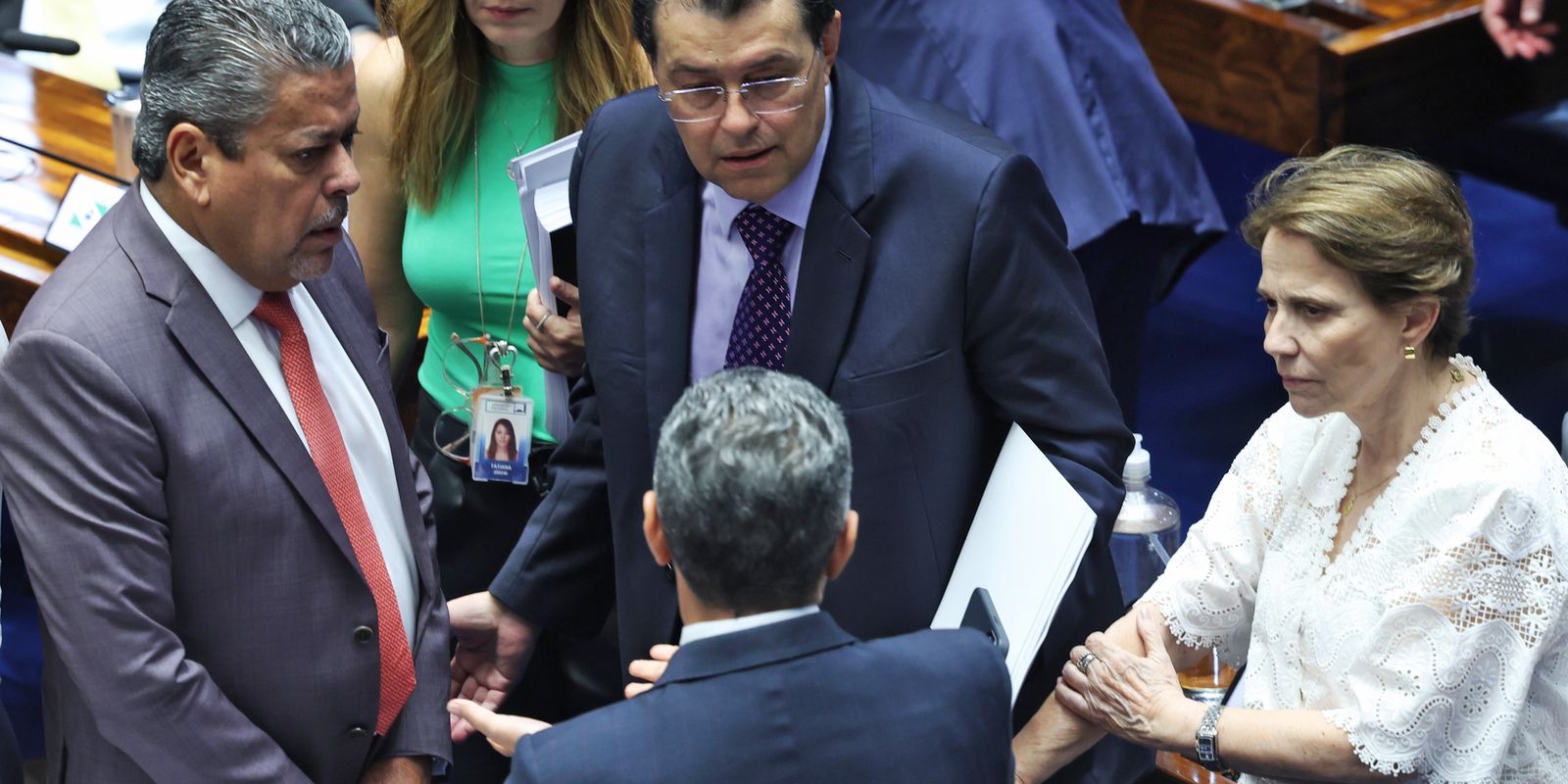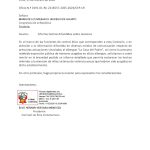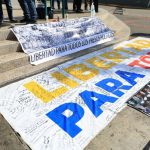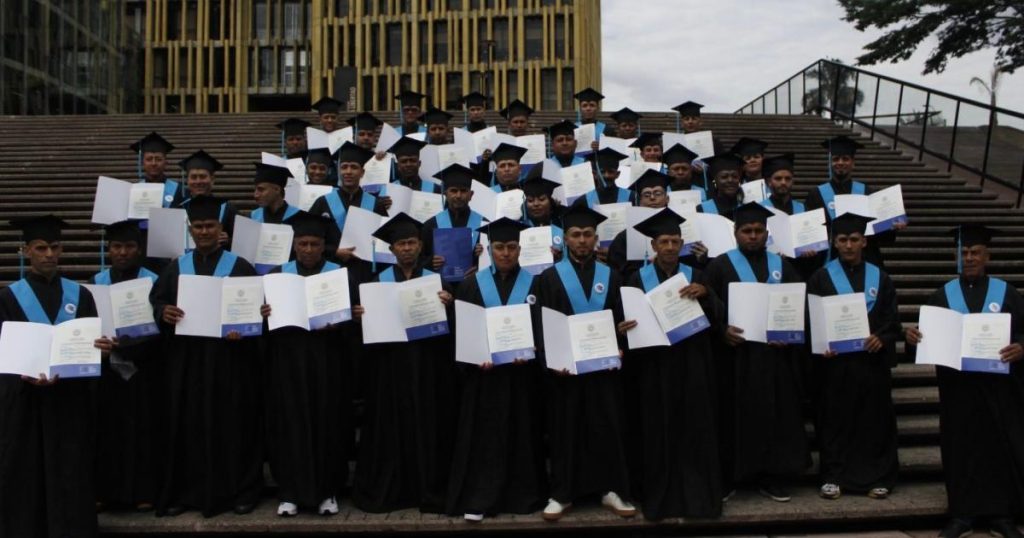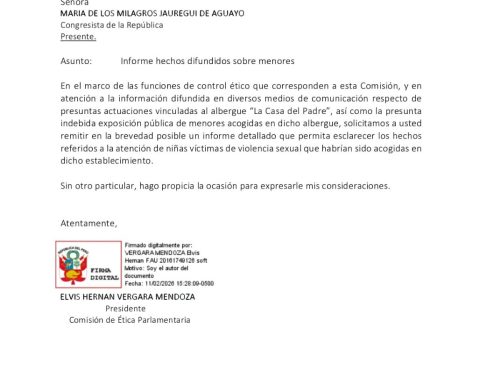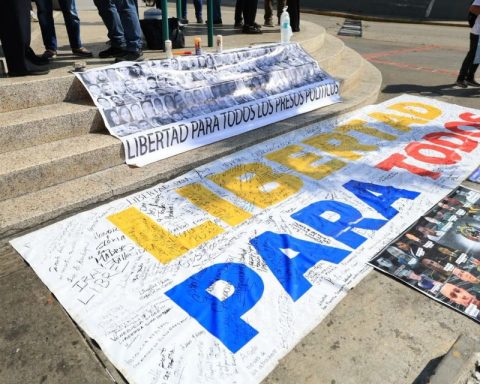The Federal Senate approved, on the afternoon of this Thursday (12), the main regulatory project for tax reform, the Complementary Law Project (PL) 68/2024. The text deals with the rules governing the incidence of Value Added Tax (Dual VAT), which is subdivided into two basic taxes on consumption: the Contribution on Goods and Services (CBS), at federal level, and the Tax on Goods and Services ( IBS), at state/municipal level. 
In addition, there will be the Selective Tax (IS), the so-called “sin tax”, which is a surcharge applied to certain products and services considered harmful to health and the environment.
With the conclusion of the processing in the Senate, which lasted around five months, the approved project, a replacement for the text from the Chamber of Deputies, returns to the previous House. It will be up to the deputies to maintain or remove points approved by the Senate, giving the final word on regulation in the Legislature.
These new taxes are a unification of five currently existing taxes (ICMS, ISS, IPI, PIS and Cofins). The new taxes were approved in a constitutional amendment promulgated at the end of last year, in the first phase of tax reform. Throughout 2024, the National Congress has been focusing on regulations, which deal with tax rates and how each sector of the economy will be impacted. The transition to the new tax model will be gradual, between 2026 and 2033.
Recognition
“Today is a happy day for the Federal Senate, which after many decades of tax reform, managed to deliver, at the end of last year, a proposed amendment to the Constitution, with the promulgation of the constitutional amendment, and now, a Project of Complementary Law approved in the Chamber, approved in the Senate, which returns to our sister house, the Chamber of Deputies, for appreciation of the work done by the Federal Senate”, stated the president of the Senate, Rodrigo Pacheco (PSD-MG), after proclaiming the end of voting.
Pacheco praised the work of senator Eduardo Braga (MDB-AM), who reported the matter in the Senate. “The regulation of tax reform is one of the most complex and difficult matters in the history of the Brazilian Parliament. And it was on the shoulders of a senator to listen to all his other colleagues, listening in a very open, republican, dedicated manner, with a truly extraordinary capacity For this reason, I pay tribute to the rapporteur, Senator Eduardo Braga, and all the senators who contributed to this great achievement of the Federal Senate today”, he highlighted.
“It was a huge challenge given to me by presidents Rodrigo Pacheco, Davi Alcolumbre [presidente da CCJ] and my fellow senators. But, with a lot of effort, once again, we delivered a report that we now deliver to the Chamber. It may not have been perfect, but, in democracy, it was the best we could do, improving legal certainty, simplification and transparency, reducing tax litigation”, he declared at the end of the session. The report has over 400 pages, around 550 articles and 30 annexed volumes. Braga also emphasized the fact that he accepted more than 680 amendments proposed by senators and held a total of 35 public hearings to discuss the matter.
In the morning, the text had already been approved by the Constitution and Justice Commission (CCJ), before going to the plenary. The basic text was approved by 49 votes in favor and 19 against. Next, a separate set of highlights were analyzed.
Braga reiterated that the text of the new system could be improved based on the five-yearly assessments, included in the text of the constitutional amendment for tax reform, last year.
“This is not the definitive reform. As was said here before, in Constitutional Amendment 132, we established the obligation to review specific regimes and tax benefits. We will periodically review this text so that we can improve and improve” , he said, while reading the report.
Weapons outside the Selective Tax
One of these changes, which the rapporteur had included, but was overturned by the senators, was the inclusion of firearms and ammunition in the Selective Tax. The amendment removing the surcharge on these products had already passed the CCJ, but another was re-presented, in plenary, so that these items would once again be highly taxed. The measure was defended by the rapporteur and senators from the government base, but did not obtain the necessary 41 votes (there were 33 votes in favor of the surcharge and 32 against). As a result, weapons and ammunition will not pay additional taxes created to discourage harmful products and services. On the selective tax list, with the most expensive rate, are items such as cigarettes, drinks and online betting (bets).
Also excluded from the “sin tax” are sugary drinks, such as juices and processed soft drinks. Another change that altered Braga’s final report was the 60% reduction in the rate to be paid for water and sewage. Previously, these services had a full tax rate. As a result, the government estimates that the change should impact the global Value Added Tax (VAT) rate by 0.38 percentage points.
Basic basket
Flour and pasta with a low protein content, used as food for people with inborn errors of metabolism (IEM), were included in the list of foods in the basic basket of the tax reform that will be exempt from VAT. The tax will also be zeroed on diet therapy formulas, used to treat and prevent diseases related to IEM.
Flours and pasta used against acidemia and urea cycle defects, which are metabolic and hereditary diseases, will also be exempt from consumption tax. With these, they are 26 types of food with zero tax rate, including meats, cheeses, beans, cassava flour, rice, yerba mate.
A request to reduce the tax rate on mineral water of up to 10 liters by 60% was also approved. Biscuits and cookies for popular consumption were also included by the rapporteur with a discount of 60% of the full tax rate.
health and cashback
Regarding health, there was a 60% reduction in the full tax on medicines, including compounding pharmacies. The reduction also applies to personal hygiene items.
Senator Eduardo Braga included medicines from Farmácia Popular, and treatments for cancer, rare diseases and HIV, for example, on the tax exemption list. But the name of the drug’s active ingredient will only be defined later, by the government, through a complementary law.
In the case of cashback, it was maintained for cooking gas, electricity, water, sewage and telephone. 100% for what will be paid in Contribution on Goods and Services and 20% for the Tax on Goods and Services (IBS). THE cashback consists of returning part of taxes to low-income populations and is seen as the main modulator to ensure greater tax justice in the new system that will be implemented in the country.
